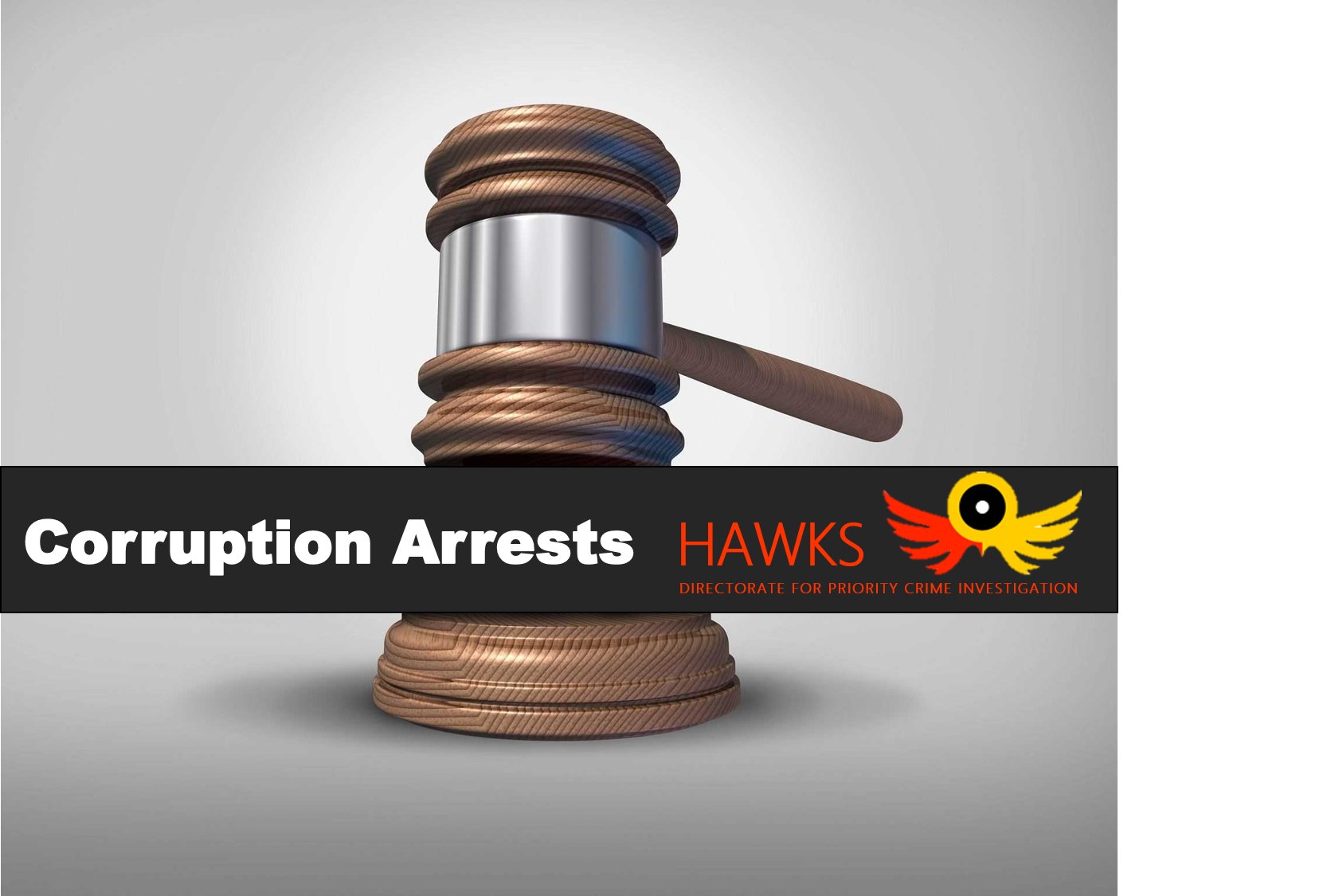News
Why Corruption Cases in South Africa Take So Long: Hawks and NPA Speak Out

Resourcing gaps, skills shortages and complex legal tactics hobble SA’s corruption crackdown
Frustrated by years of slow justice in high-profile corruption cases, South Africans have long asked a simple question: why does it take so long to prosecute the corrupt?
This week, the Hawks (Directorate for Priority Crime Investigation) and the National Prosecuting Authority (NPA) tried to provide answers, not in press releases or brief soundbites, but in front of Parliament’s Standing Committee on Public Accounts (Scopa).
The explanation? An overwhelming pile of work, a lack of skilled investigators, and legal bottlenecks that stretch cases out for years.
Thousands of Cases, Few Hands to Tackle Them
According to SIU head Andy Mothibi, the Special Investigating Unit referred over 3,300 cases involving suspected criminal conduct to the NPA between 2020 and 2025.
But only a fraction of these just 355 dockets were taken on by the Hawks for criminal investigation.
Of those, just 58 have reached court. Some 96 cases are awaiting a prosecution decision, and more than 200 are still under investigation.
Hawks senior official Mmeli Makinyane admitted the unit doesn’t have the internal skills needed to manage the complexity of many of these investigations. “We often have to outsource forensic skills, which slows us down,” he said.
NPA’s Digital Struggle and Staffing Gaps
The NPA, led by Shamila Batohi, didn’t deny the delays. She pointed out that digital evidence—phones, emails, laptops is central to modern corruption cases. But specialists in electronic evidence are rare and expensive.
Batohi revealed that the Investigating Directorate Against Corruption (IDAC), South Africa’s specialised unit for state capture-related crimes, is “very small” and lacks capacity. While a digital evidence unit has been established, it’s still in its infancy.
“We’re competing with the SIU and SARS for skilled investigators. We’re also constantly losing people to better-paying roles,” she said.
Why Cases Stall in Court
Delays aren’t always the state’s fault, said Nkebe Kanyane from the NPA’s Special Commercial Crimes Unit. Sometimes, accused individuals change lawyers, file legal challenges, or simply delay proceedings.
“We have seen repeat interlocutory applications, new representation, and even courtroom infrastructure failures like load shedding and water cuts, delaying hearings,” she told MPs.
Kanyane added that in some instances, dockets were not even available when court dates arrived a mistake attributed to the state.
COVID Graft and State Capture Cases in Limbo
The Hawks revealed that 93 referrals linked to COVID-19 corruption had been received. Of those, 22 are in court, while the majority remain under investigation or awaiting NPA guidance.
Similarly, several cases tied to Eskom and Transnet have yet to reach court, including major contracts implicated in the broader state capture scandal.
And despite public pressure, only one state capture-linked conviction has emerged from the Hawks’ investigations so far.
Civil Recovery: A Different Kind of Justice
Batohi stressed the value of civil recovery via the Asset Forfeiture Unit (AFU) which allows the state to reclaim money or assets without needing a criminal conviction.
“Companies that come clean and help us get evidence against individuals can enter settlements,” she explained. “We still pursue individuals, but at least the money can come back into state coffers.”
Still, this isn’t always enough for a public demanding accountability in the form of convictions and jail time.
Witness Protection: An Overlooked Hurdle
One issue rarely raised in public debate is witness protection. Batohi warned that whistleblowers and witnesses in corruption cases are often in real danger.
“Speaking out against corruption can be life-threatening,” she said. “And that impacts our ability to build cases.”
Public Patience Wearing Thin
While Batohi and the Hawks’ leadership tried to reassure Parliament that progress is being made, South Africans are growing tired of waiting. Years after the Zondo Commission exposed billions lost to graft, many of the accused remain free and in some cases, back in public office.
Yet for now, the institutions meant to bring justice say they’re doing what they can with what they’ve got.
Whether that will be enough for a country battered by load shedding, poor service delivery, and runaway corruption remains to be seen.
{Source: The Citizen}
Follow Joburg ETC on Facebook, Twitter , TikTok and Instagram
For more News in Johannesburg, visit joburgetc.com


























